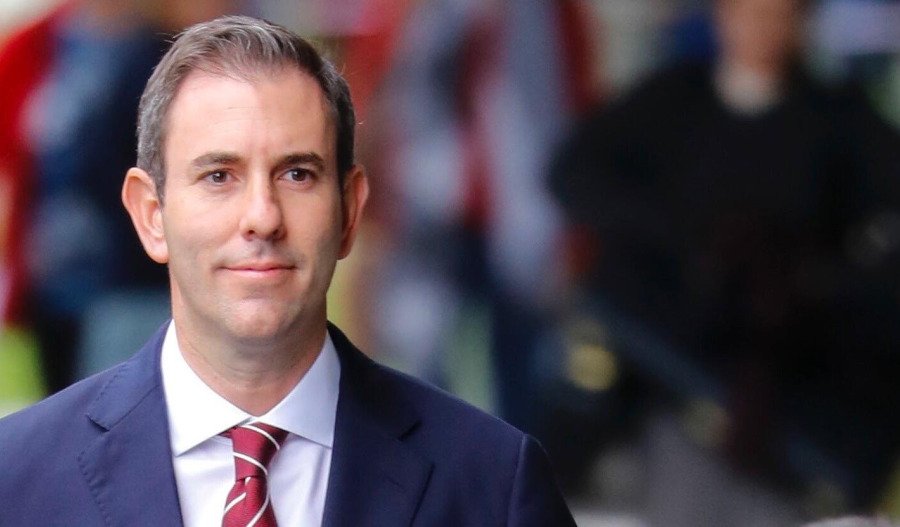Ahead of today’s Federal Budget 2025-26, the Labor government has already flagged household rebates which Treasurer Jim Chalmers insists are not a voter bribe. This is in the lead up to the Federal Election, which must be held before 17 May.
From 1 July, Prime Minister Anthony Albanese said the extension – which applies in quarterly instalments – will cost $1.8 billion and see every household plus one million eligible small businesses receive a $150 rebate.
While the previous rebate of $300 ($75 quarterly) was expected to end in mid-2025, two additional rebates will extend until the end of the year.
According to Australian Bureau of Statistics (ABS) data, the initial energy rebate resulted in power bills falling by 25.2% in 2024, due to both the state and federal governments applying rebates to electricity prices.
Based on government estimates, energy bill extensions would reduce headline inflation by around half a percentage point in 2025.
While the Coalition has no plans to oppose the rebate extension, Finance Minister Jane Hume is attempting to reframe the broader election issue around structural shortages to Australia’s energy grid.
Budget deficit
Treasurer Jim Chalmers' Budget ’25 speech will be broadcast live from Parliament House in Canberra today. It is expected to herald the end of budget surpluses.
The Albanese government said today's budget will contain another round of "meaningful and substantial" cost-of-living relief, stressing it will be done "responsibly".
While Azzet will keep you updated today, here’s what we already know about Budget ’25 announcements.
• Bulk-billing and PBS medicines: The Federal Government unveiled in February an $8.5 billion boost for Medicare to expand bulk billing. It also announced a $689 million pledge to reduce the maximum cost of most medicines listed on the PBS down from $31.60 to $25, if re-elected.
• Cost-of-living relief: Chalmers committed to extending energy rebates, promising a $150 discount applied across quarterly instalments.
• Help to buy scheme changes: Labor plans to broaden the scheme to allow homebuyers to co-buy their property with the government, so it includes people with higher incomes and applies to more expensive homes.
• Cyclone Alfred: Treasury's initial estimates show an immediate hit to Gross Domestic Product (GDP) of up to $1.2 billion due to the cyclone's clean-up bill.
• Trump's tariffs: Albanese has flagged support for the local steel and aluminium industry in light of U.S. President Donald Trump's 25% tax on all steel and aluminium imported into the U.S.
• Student debts: The Albanese government plans to reduce student debts by 20%, costing the budget more than $500 million.
• Subsidised childcare: If Labor wins the election, parents will be guaranteed a minimum of three days of subsidised child care regardless of how much they work or study. However, families earning more than $533,280 will still not be eligible.



